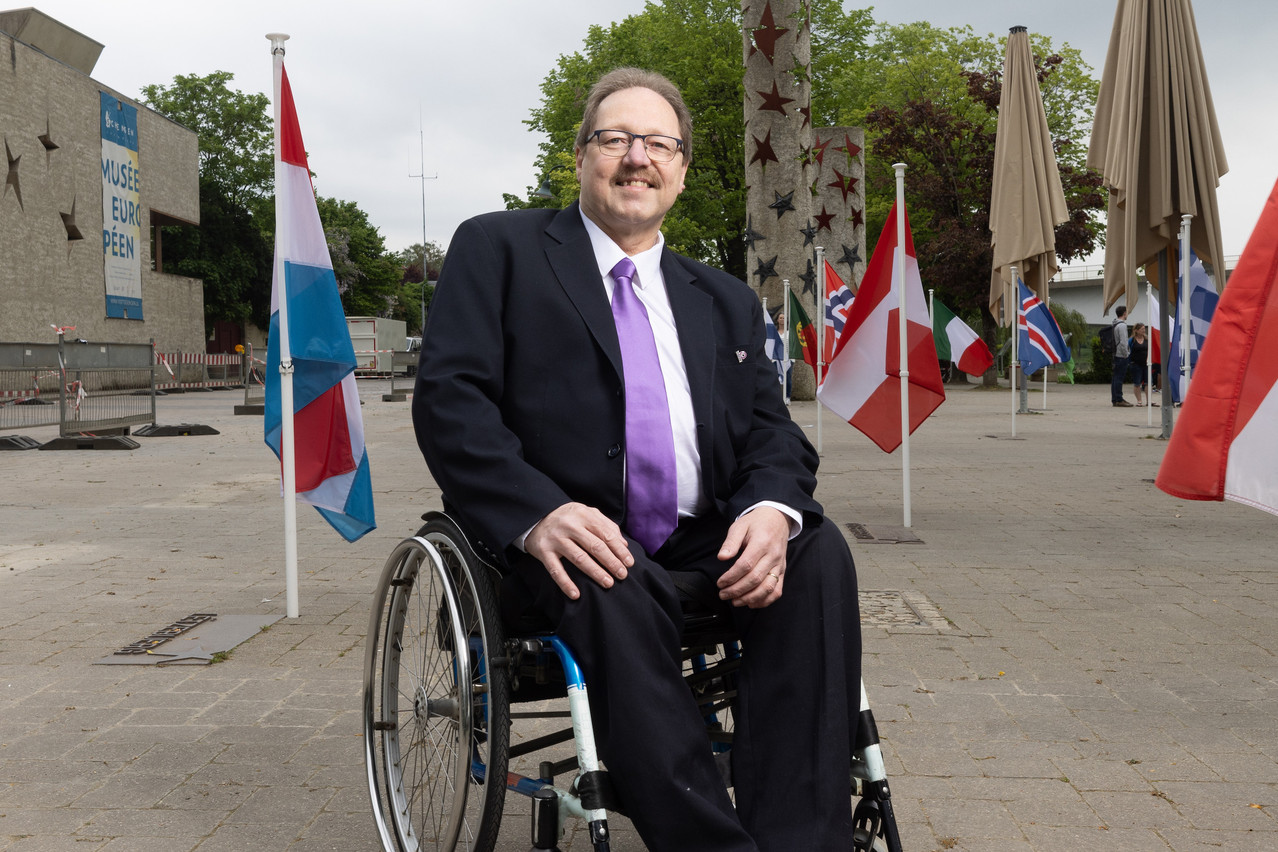Delano: What gets you out of bed in the morning?
What motivates me to get up in the morning is to invest my time in voluntary work: improving the wellbeing of people with disabilities and elderly people.
Ever since I became disabled following a car accident, I’ve felt the need to get involved in improving the situation of disabled people, but also of the elderly, who develop disabilities as they get older. Some of them can’t see as well as others, some can’t hear as well as others and some find it difficult to get around without technical aids.
I quickly realised that improving the situation of disabled people is easier when they can participate in the decisions that affect them. Since then, I’ve been working with politicians through associations to bring about this improvement.
Right now, I feel that disabled people need a strong voice in the European Parliament because that’s where most of the legislation affecting them comes from. So we must be involved in the legislative process from the very beginning.
What’s something that most people don’t realise about the upcoming elections?
A lot of people don’t feel too concerned by the European elections, because for them Europe is far away and out of touch with people’s lives. This feeling is wrong because Europe is very close and surrounds their lives without them noticing. Whether it’s in the field of social security, the euro, common rules in the community or the workplace. Without Europe, there would be no recognition of diplomas and many expatriates or cross-border commuters would simply not be able to work in any EU country.
The issues at stake in these elections are: some extremes simply want to reduce, or even cancel, some of these European achievements. I’m thinking of all those who, because of the strong migration of recent years, claim that the borders within Europe should be closed. We all agree that Europe’s external borders must be regulated, but those who want internal borders closed simply want European citizens to be deprived of their right to travel freely. We still remember when the borders were closed during the pandemic. The public quite rightly agreed that this should never happen again; they don’t want to live in a time of systematic control.
What does Europe mean to you?
As a Luxembourger, I feel at home in my great European homeland with its 450m inhabitants. Without Europe, life in Luxembourg would not be so easy today. I’ve lived through the construction of Europe since I was a child, and it’s not over yet. I’m delighted to see that our children now have the choice of studying in the country of their choice. This is only possible with joint education programs like Erasmus, for example. This opens up career opportunities for young generations that didn’t exist before.
In conclusion, for me, Europe is a tremendous opportunity for our children and grandchildren. They are the cement with which the houses of Europe will be built in the future.
Which place in Luxembourg represents Europe to you?
For me, the place that represents Europe in Luxembourg is Schengen, a pretty little village on the banks of the Moselle, but above all, it was where the Schengen agreements were signed on 14 June 1985 on board the Princess Marie Astrid. The Schengen Agreements are known throughout the world as a symbol of freedom of movement and the abolition of borders within the European Union. Schengen is a milestone in the construction of the European Union. It was the first time that European citizens felt the construction of Europe in their lives. From one day to the next, there were no more long stops at borders and no more checks on identity papers. At last, people could travel freely without checks or wasting time at borders.
A shorter version of this interview first appeared in of Delano magazine.
